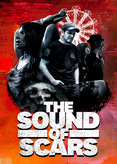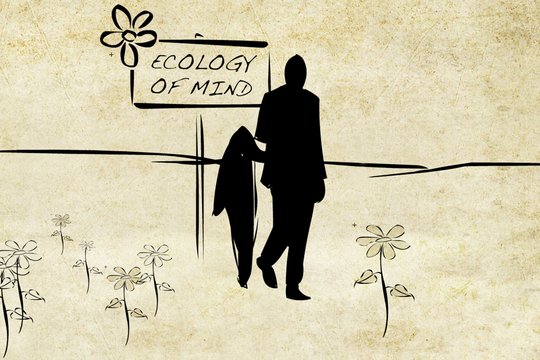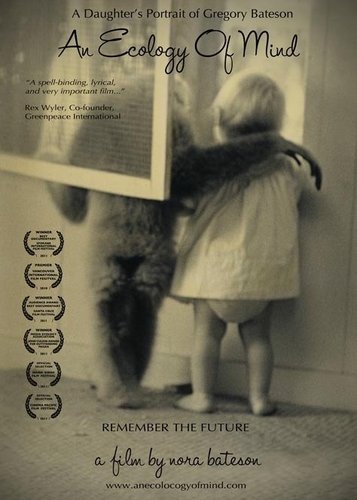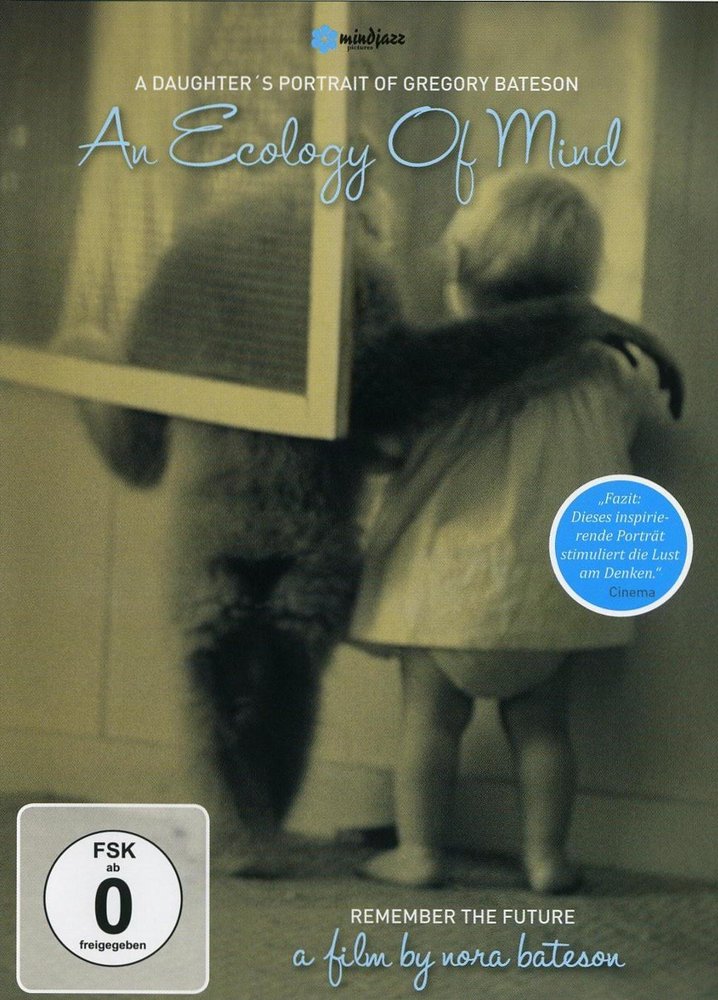Der Dokumentarfilm 'An Ecology of Mind' widmet sich dem 1980 verstorbenen Gregory Bateson, ein weltweit bekannter, interdisziplinär wirkender Anthropologe, Ethnologe, Biologe, Psychotherapeut, Philosoph und Mitbegründer der Kybernetik. Der Film ist eine Einladung in sein Denken, das durch die Beziehung zwischen Vater und Tochter betrachtet wird. Batesons ungewöhnlich schillerndes Werk ist sehr variationsreich, unkonventionell und wirkte in viele wissenschaftliche Bereiche hinein. So führte er zum Beispiel erstmals systemtheoretische Denkansätze in die Sozial- und Humanwissenschaften ein und gilt als Ideengeber für Lerntheorie und systemische Therapie. In seinem Buch 'Ecology of Mind' untersucht er Kommunikationsprozesse und Beziehungsmuster. Bateson stellt darin Überlegungen zur Einheit von Geist und Natur sowie den erkenntnistheoretischen Grundlagen der ökologischen Krisen einer Menschheit an, die sich selbst nicht als Teil einer größeren ökologischen Einheit betrachten will. Viele seiner Gedanken und Theorien waren visionär und sind bis heute aktuell.
Weiterlesen »
The documentary 'An Ecology of Mind' is dedicated to Gregory Bateson, a world-renowned, interdisciplinary anthropologist, ethnologist, biologist, psychotherapist, philosopher and co-founder of cybernetics, who died in 1980. The film is an invitation into his thinking, which is viewed through the relationship between father and daughter. Bateson's unusually dazzling work is very varied, unconventional and has had an impact on many scientific fields. For example, he introduced systems theory approaches to the social and human sciences for the first time and is considered a source of ideas for learning theory and systemic therapy. In his book 'Ecology of Mind', he examines communication processes and relationship patterns. In it, Bateson reflects on the unity of spirit and nature as well as the epistemological foundations of the ecological crises of a humanity that does not want to see itself as part of a larger ecological unity. Many of his thoughts and theories were visionary and are still relevant today.

























































